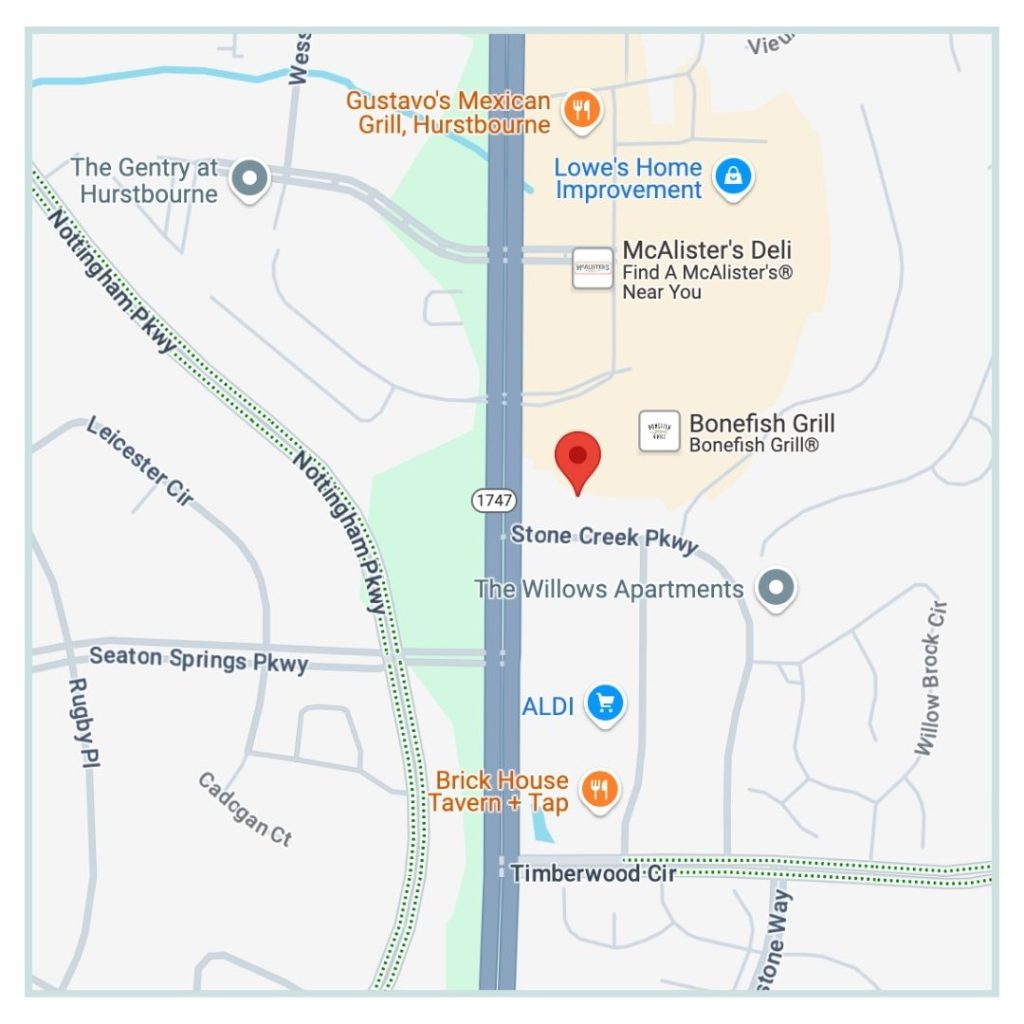In a sense, Hollywood has glamorized the reading of a will. They often depict family members sitting in a room or at a large table while a loved one’s will is read. They patiently wait to hear what is bequeathed to them. This either results in an end where each family member is satisfied with what was left to them in the will or with some members upset about being left nothing or not receiving what they thought they were the rightful heir to.
While an estate plan is designed to ensure that property and assets are protected and passed to the person they seek to, this is not always the case. Wills can be complex, especially if it is continually updated due to life changes. Furthermore, if you have multiple children, this could lead to various disagreements concerning what is currently stated in the will.
Sibling rivalry and parents’ will
Knowing the contents of a parent’s will during their life could lead to emotions, arguments and other negative effects. In matters where siblings have routinely been treated differently, even in adulthood, this could generate negative feelings.
Although it might be difficult to digest what you are getting or not getting when reading through a parent’s estate plan, the silver lining here is that your parents are still alive. This means that there is still time for conversations. However, this conversation should be navigated appropriately, as it should not result in a parent feeling forced or influenced into changing their estate plan.
Contesting a will
If a conversation is not possible because your parents passed before you knew the contents of the will, it is still possible to take action. Contesting a will could be a helpful way to determine who is in fact the rightful heir to certain assets and property. While this could evolve into a complex legal matter, it could also help to ensure that you parents’ will is properly executed.
Whether you have concerns now about a current estate plan or are questioning an executed will of a loved one, it is important to understand the situation. This could help you gain the knowledge necessary to act and protect your rights.





